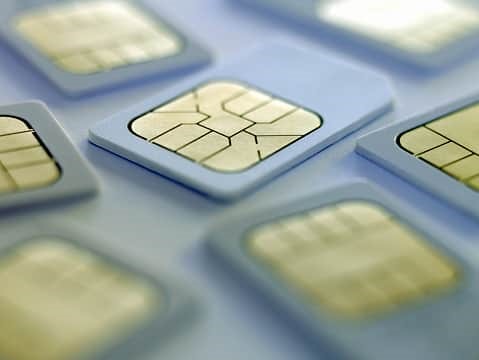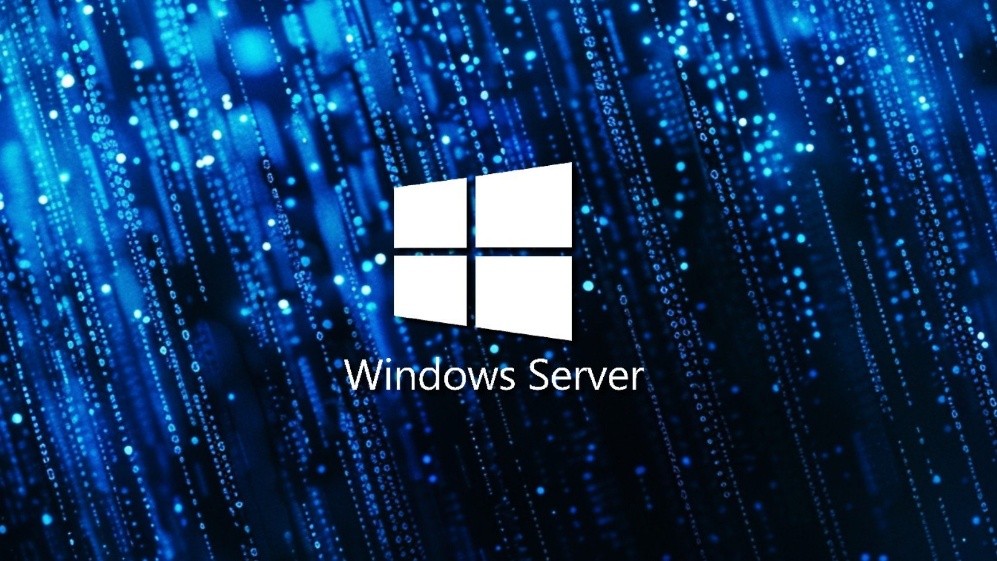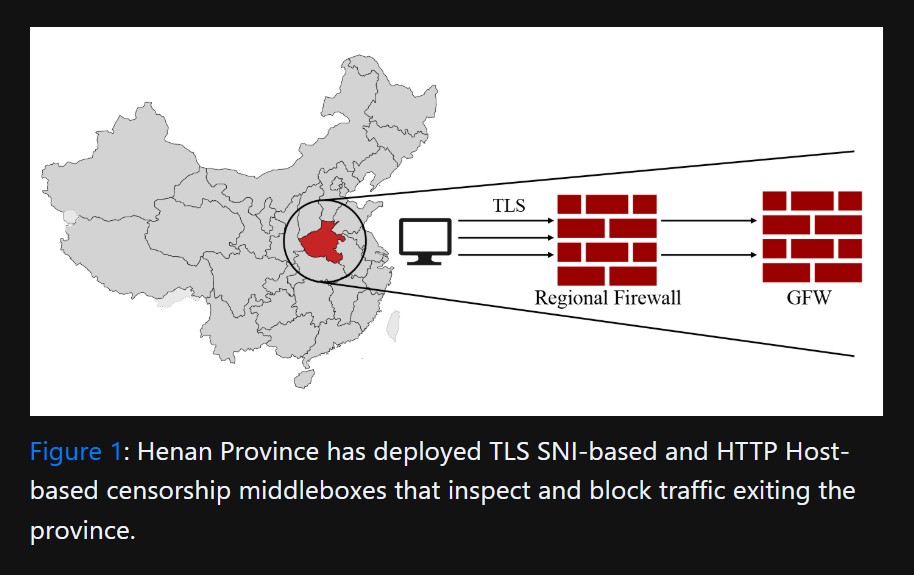184 Million Login Credentials Leaked: Researcher’s Shocking Discovery Highlights Online Security Risks
In a digital world where a single login often holds the key to your entire online life, a breach can be devastating. Cybersecurity researcher Jeremiah Fowler recently uncovered one of the most extensive exposures of login credentials in recent history—a database containing over 184 million usernames and passwords, linked to major platforms including Google, Apple, Microsoft, Facebook, and many more.

Figure 1. Online Security Risks.
Fowler, co-founder of Security Discovery, described the find as “one of the most dangerous discoveries in a very long time.” Weighing in at more than 47GB, the database didn’t originate from a single platform. Instead, it appeared to be a massive compilation likely gathered by infostealer malware—malicious programs that siphon data from infected systems. Figure 1 shows Online Security Risks
Among the platforms impacted were:
- Tech giants: Google, Apple, Microsoft, Facebook, Discord
- Social & entertainment apps: Instagram, Snapchat, Spotify, Roblox
- Web and email services: WordPress, Yahoo
- Sensitive portals: Banking, healthcare, and government systems
Fowler's screenshots revealed login credentials tied to government email domains in countries including Australia, India, Iran, Brazil, and Romania—highlighting the global scale of the threat.
“This wasn’t a single company’s breach,” Fowler explained. “It was a collection of millions of accounts from everywhere—likely scraped and dumped into one massive repository.”
The exposed data was discovered on May 6, 2025, and taken offline the following day after Fowler alerted the hosting provider. While the origin remains unclear, the presence of the Portuguese word "senha" (meaning "password") suggests a possible Brazilian or Portuguese connection.
As an ethical researcher, Fowler did not download the full data but verified its authenticity through screenshots. He contacted several email addresses found in the leak, many of whom confirmed the data was real.
The breach appears to stem from infostealer malware, which typically spreads through:
- Phishing emails
- Malicious websites
- Pirated or cracked software
These stealthy programs quietly collect stored passwords, session cookies, browsing data, screenshots, and even keystrokes—often selling the data on dark web forums or private messaging channels like Telegram.
“Once these tools are in your system, they harvest everything—logins, saved credit cards, even browser sessions,” Fowler warned. “Most people don’t realize how valuable their browser storage is to hackers.”
How to Protect Yourself from Credential Dumps
Fowler recommends the following steps to reduce your risk of falling victim:
- Use a password manager with zero-knowledge encryption
- Enable two-factor authentication (2FA) on all accounts
- Avoid saving passwords in browsers or email clients
- Create unique passwords for every account (use a password generator)
- Keep your software up to date
- Stay vigilant against phishing attempts and suspicious downloads
As more aspects of life shift online, the risk of credential exposure grows. Incidents like this remind us that cybersecurity is no longer just an IT issue—it’s a personal respon
References:
- https://www.digitalinformationworld.com/2025/05/184-million-logins-exposed-what.html
Cite this article:
Keerthana S (2025),184 Million Login Credentials Leaked: Researcher’s Shocking Discovery Highlights Online Security Risks, AnaTechMaz, pp.173.















